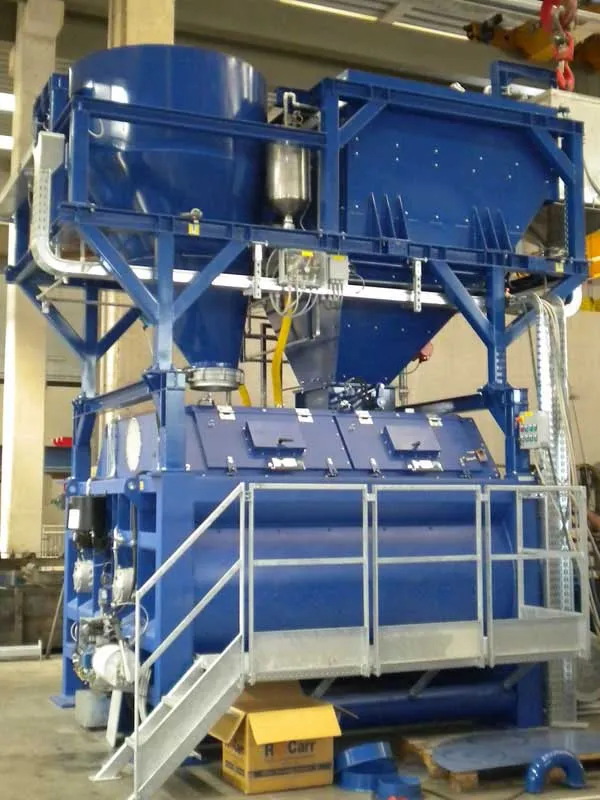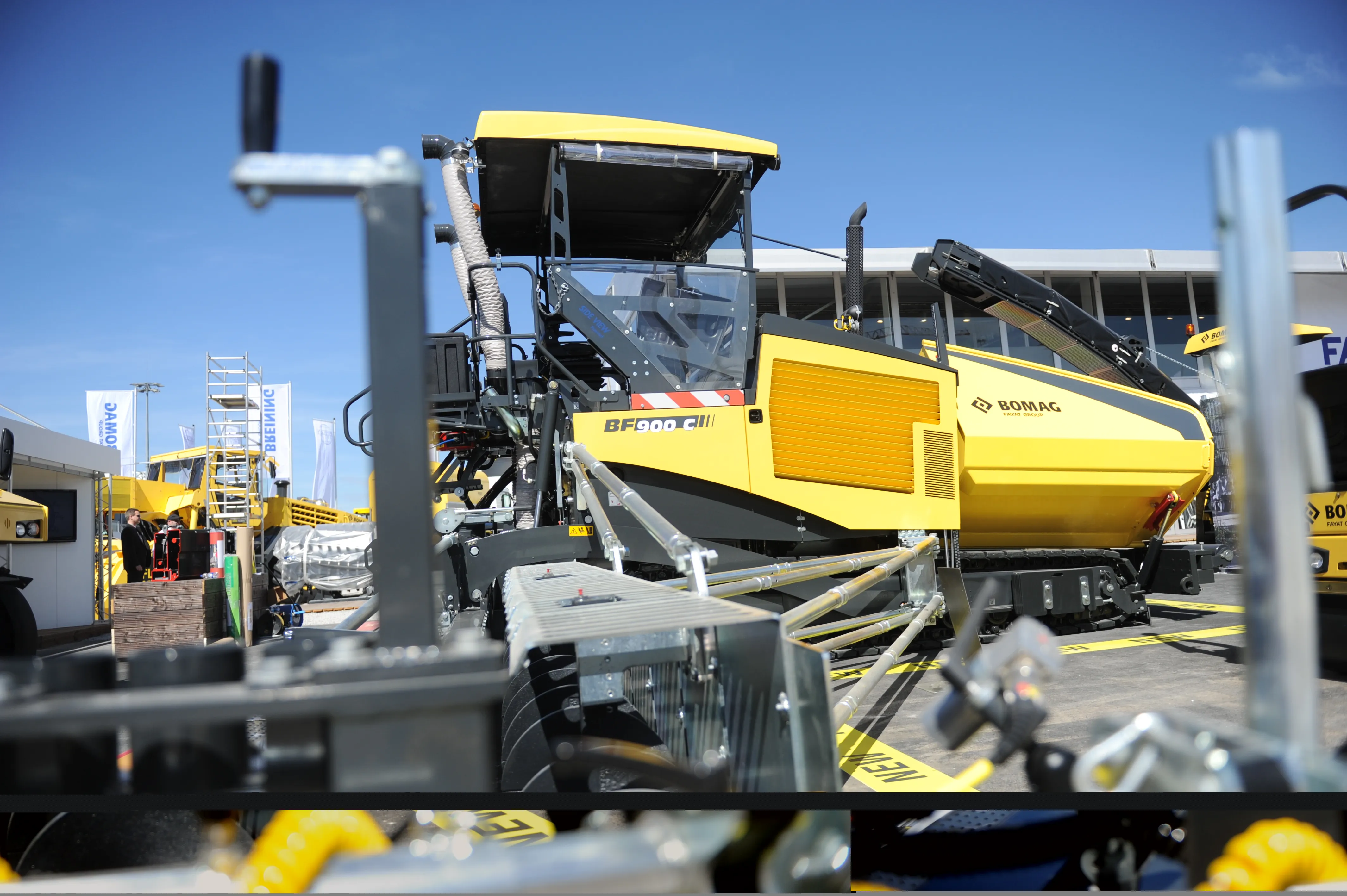Dynasol, a global maker of synthetic rubber, much of it destined for large off-road vehicles including construction equipment, will boost its production.
Dynasol is a joint venture formed in 1999 by Repsol and Grupo Kuo. Dynasol will focus on developing products for the high-performance tyre which uses synthetic rubber as a raw material and accounts for 70% of the synthetic rubber demand worldwide.
The joint venture will have an estimated revenue of US$750 million and will produce more than 500,000 tons a
April 28, 2015
Read time: 2 mins
Dynasol is a joint venture formed in 1999 by Repsol and Grupo Kuo. Dynasol will focus on developing products for the high-performance tyre which uses synthetic rubber as a raw material and accounts for 70% of the synthetic rubber demand worldwide.
The joint venture will have an estimated revenue of US$750 million and will produce more than 500,000 tons a year of high quality material with the goal of becoming “a major player in Latin America, North America and China”, according to a statement from Dynasol.
Repsol chairman, Antonio Brufau said the agreement will “significantly increase our production capacity and supply to our chemicals division". Grupo Kuo chairman Fernando Senderos Mestre said “this new venture will strengthen our global position in the synthetic rubber market".
Dynasol is the world's second largest producer in asphalt modification and a major player in applications such as adhesives, sealants and technical compounds. It has facilities in Altamira, Mexico, and in Santander, Spain. At the end of the second quarter of 2015, a plant in Liaoning, China will be opened.
As part of the new agreement, Grupo Kuo will provide Dynasol with its synthetic rubber solution and nitrile rubber units in Altamira, Mexico, and China as most of its production is allocated to the tyre industry.
Repsol will contribute its chemical accelerators for rubber vulcanisation unit, General Química, located in Álava, Spain. It is the second largest European producer of these specialised products, the main application of which is the production of tyres, footwear and technical parts.
The headquarters of Dynasol will move from Dallas, Texas, to Madrid and the company will have operations centres in three countries - Spain, Mexico and China.
The agreement is subject to approval by government and other competition authorities.








